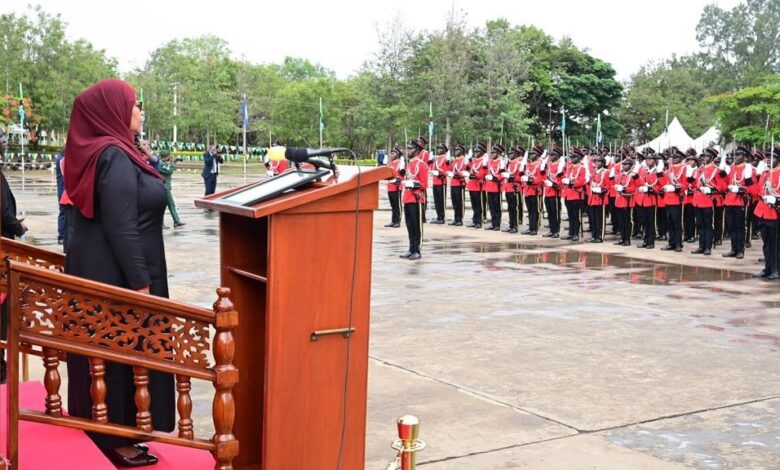Why Africa needs more women leaders

By Dayo Yussuf
The mantle of “Africa’s Iron Lady” sits easy on Ellen Johnson Sirleaf’s shoulders.
As the continent’s first female elected head of state, the former Liberian President is also unsurprisingly emphatic in her views on shattering the glass ceiling of patriarchy in politics and policy-making.
“Once the glass ceiling has been broken, it can never be put back together, however hard you try,” Sirleaf said five years ago at a TED talk on “How women will lead us to freedom, justice and peace”.
The force of her words left the audience of mostly younger women awestruck and inspired.
The Nobel Peace laureate, who served as Liberia’s President from 2006 to 2018, wasn’t just making a statement about “what men can do, women can do better”.
She was driving home the message that the question of women aspiring to and stepping into leadership roles has never been more relevant.
Time of reckoning
Over the past decade, Africa’s social, political and economic challenges have seemingly increased the bandwidth for women to be at the forefront of driving transformative change while breaking barriers.
Historically, leadership on the continent has been male-dominated, although an increasing number of women are stepping forward, showing that they not only belong in leadership roles but are often uniquely positioned to bring about meaningful change.
It’s a paradigm shift that Sirleaf not only represents but also considers her responsibility to propagate.
“I was the first woman President of an African nation, and I do believe more countries ought to try that,” Sirleaf said in the opening lines of her December 2019 TED talk, throwing a challenge to the rest of the continent.
By then, of course, Africa had already had several remarkably competent women raising their hands to be counted.
Joyce Hilda Banda served as President of Malawi from April 2012 to May 2014, having assumed office following the sudden death of her predecessor Bingu wa Mutharika.
In Mauritius, Dr Bibi Ameenah Firdaus Gurib-Fakim was President from June 2015 to March 2018, while Saara Kuugongelwa-Amadhila, who became Prime Minister of Namibia in 2015, remains in office.
Since March 2021, Samia Suluhu Hassan has been President of Tanzania, stepping into the hot seat after predecessor John Magufuli died in office. She had been Vice-President from 2015 to 2021.
Not too far south, Netumbo Nandi-Ndaitwah was recently elected Namibia’s first female President, securing 57% of the vote.
Breaking cultural barriers
While the list of women who have stepped up and successfully manoeuvred their way through the highest echelons of government grows, one African country stands out.
Source link
